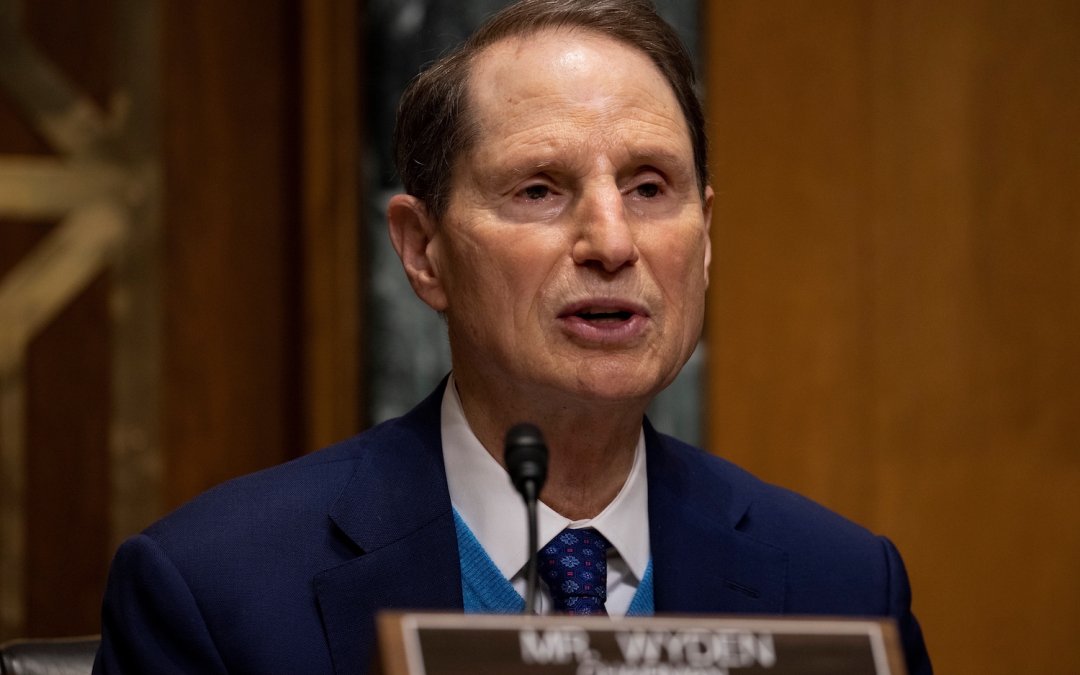WASHINGTON – A Senate panel on Wednesday sought to address a key issue affecting working parents: the lack of a federal paid leave program.
Although no specific bill was debated during the Senate Finance Committee hearing, several Democratic lawmakers cited their respective states as models that the federal government should consider for a national policy.
“Due to a lack of paid leave, American households miss out on $22.5 billion in wages each year,” said Jocelyn Frye, the president of National Partnership for Women and Families, a non-profit advocating for equality and equity for women. “Our economy loses $650 billion a year because we have fewer women in the workforce compared to other industrialized nations.”
Comprehensive paid leave includes parental leave, medical leave and time taken off to take care of a loved one. Currently, only 13 states, along with the District of Columbia, have comprehensive paid leave policies.
“In a nation as powerful and prosperous as ours, somehow the United States is the only developed nation in the world without a national paid leave program,” said Sen. Ron Wyden (D-Ore.), chairman of the Senate Finance Committee. “Today, only one in four workers in America have access to paid leave.”
Frye said women, especially women of color, face the biggest burden over the lack of federal paid leave policy because they are more likely to be primary caretakers of children. Many women leave the workforce, which results in a widening gender wage gap and making the worker shortage worse.
Although many conservative lawmakers remained skeptical about the burden paid leave places on small businesses, one testified about the positive effects such a policy has had on his operations.
Ben Verhoeven, the president of a farm in Oregon with 26 year-round employees, said his small business only saw the benefits of helping workers – increased retention, promotion and business growth – after it began offering paid leave in 2016.
Oregon funds its paid leave program, which took effect statewide this year, with a payroll tax. Nearly all employees contribute by sending 0.6% of their gross pay to the program, which offers a maximum of 12 weeks of leave per year. Employers with over 25 employees contribute an additional 0.4% of gross pay.
“Many industry groups claim that policies like ours will hurt businesses,” Verhoeven said. “That is just not true. Paid leave costs me less per year than truck repairs and has a much greater effect on the lives of people.”
Still, the concern about the cost burden on small businesses did not go unspoken.
The federal government must avoid a “one size fits all” policy, said Elizabeth Milito, the executive director of the Small Bussiness Legal Center for the National Federation of Independent Business, a small business lobby group with affiliates in every U.S. state.
“There is a cost with these proposals and not all business owners can absorb the costs,” she said. “In a small business with finite and natural resources, this means less money available for wage increases, less money for health insurance and less money for hiring additional employees.”
Sen. Bill Cassidy (R-La.) took the hearing as a moment to highlight his previous attempt at a parental paid leave plan he introduced with Sen. Kyrsten Sinema (I-Ariz.) in 2019. His plan proposed giving new parents the option to bring forward a lump sum of $5,000 gained from the Child Tax Credit during the year a child is born. A parent would pay off the benefits in subsequent years.
In Massachusetts, Frye said the state’s paid leave policy offers 12 weeks of paid leave for family reasons and 20 weeks for medical purposes, employs progressive wage replacement, gives military service members more leave, and includes job protection.
“Clearly there is a need for leave programs, especially for women workers, but the state you live in shouldn’t determine whether you can take off work to care for a sick family member at the same time you are trying to put food on the table,” said Sen. Elizabeth Warren (D-Mass.). “We need a paid leave national program.”


